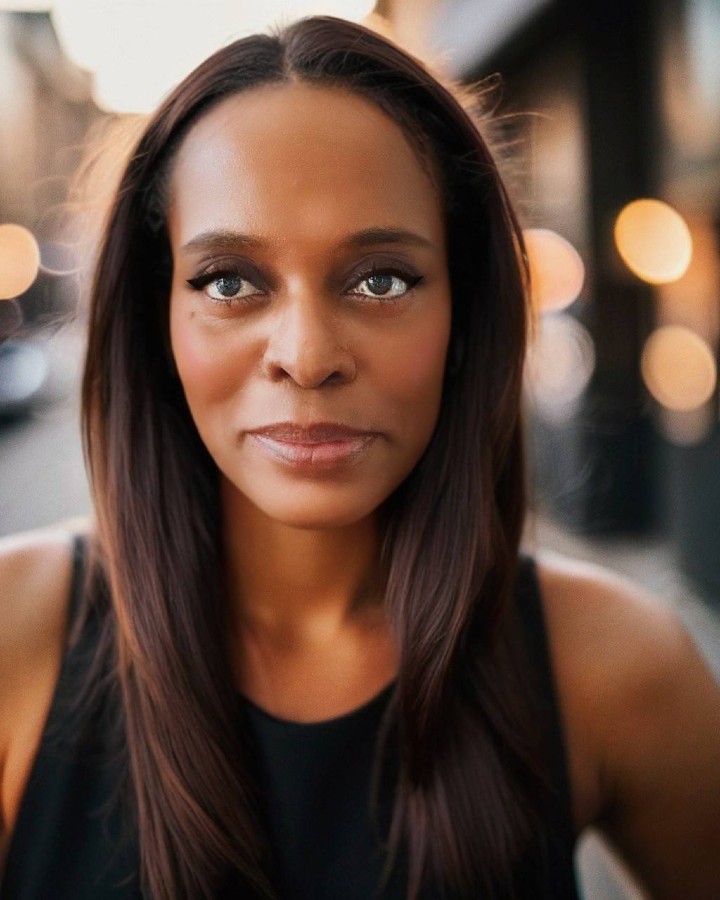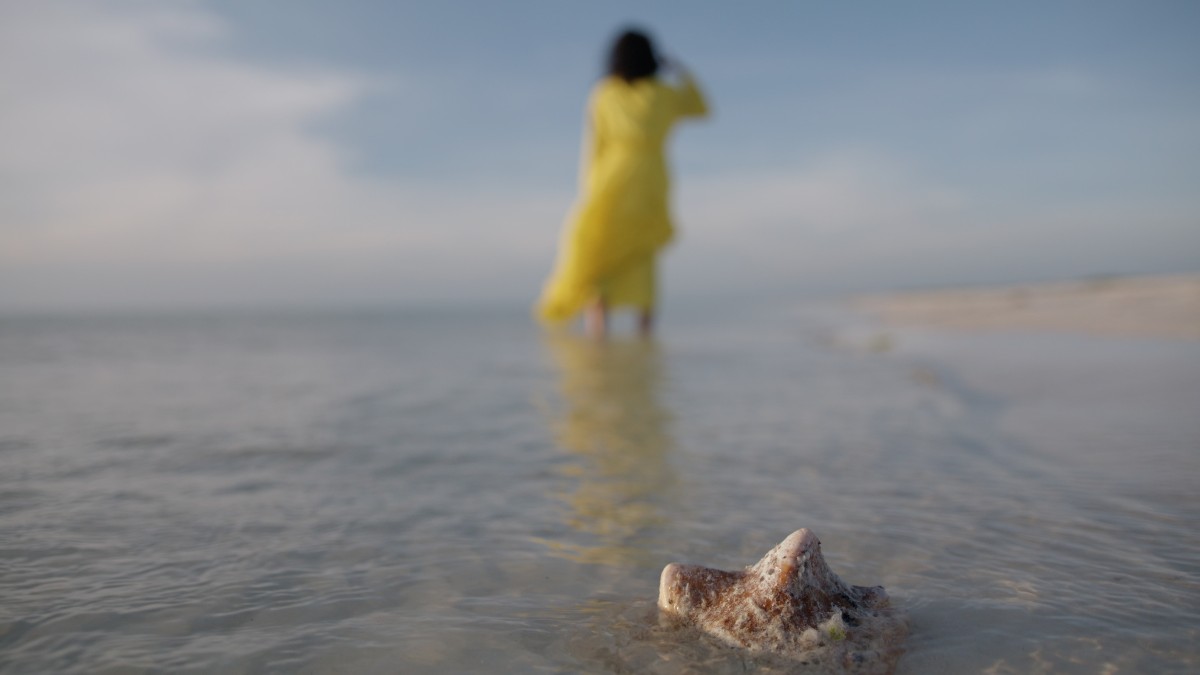What if you could transform generational trauma into captivating stories that sell and inspire readers?
“Writing With the Ancestors: Infusing Memoir With Family History” is for memoirists and creative non-fiction writers who want to unveil and integrate ancestral narratives into their work.
The class combines practical family history research tips with exploring narrative structures and universal themes that highlight ancestral journeys. Writers learn to use ancestral settings and cultural landscapes to enrich their storytelling, deepen authentic characters inspired by ancestral figures, and explore ethical considerations of using genealogical research and family history in their writing.
The second half of the course provides techniques for mining genealogical research websites, military history records, photo albums, and other family artifacts, as well as the art of interviewing family memories.
Each hour-long class includes instruction, small-group discussions, and in-class writing prompts. The final week allows writers to share their work and receive peer feedback in a supportive community.
The class is offered in partnership with Narratively and at writing and genealogical conferences. Independent classes are also offered on a rolling basis. You can sign up to reserve your spot.
This class is right for you if:
- You’re a creative non-fiction writer interested in strengthening your stories through ancestral stories and family history research.
- You’re a memoirist, aiming to develop and strengthen characters through excavating and including unforgettable, authentic details.
- You want to seed ideas for future stories through mining and integrating your ancestral history.
What to Expect
A six-week course is the preferred format for “Writing With the Ancestors.” However, the instruction can be condensed to a four-week class or a three-hour intensive workshop. Below is the class outline for a four-week course.
Week 1: Crafting Memoirs with Ancestral Insights
- Develop authentic characters inspired by ancestral figures, adding depth and authenticity to your stories.
- Using ancestral settings and cultural landscapes to enrich your storytelling.
- Embracing cultural traditions – from family names to annual celebrations and holidays – to strengthen your narrative with details that add depth to your story.
Week 2: Writing Techniques for Ancestral Memoirs
- Explore narrative structures and universal themes that highlight ancestral journeys.
- Answering the question, “Why should the reader care about my memoir?”
- Receive peer feedback and guidance on polishing your ancestral memoir excerpts.
Week 3: Embracing Your Ancestral Identity
- Gain a profound understanding of the significance of ancestral roots in memoir writing.
- Navigate the emotional and cultural impact of connecting with your heritage.
- Embrace your literary heritage, as well as family heritage. This strategy is especially helpful for writers who have strained relationships with their immediate family.
Week 4: Unveiling Ancestral Stories
- Learn techniques to mine genealogical research websites, military history records, photo albums, letters and artifacts.
- Master the arts of interviewing relatives (tips for handling “reluctant” relatives) and transforming oral histories into engaging written narratives.
- Ethical considerations of genealogical research and integration into your writing.
The class also includes:
- Live instruction, providing comprehensive insights and guidance.
- In-class writing prompts to reinforce your learning.
- Live Q & S sessions with the instructor for real-time connection and problem-solving.
- A supportive online community for sharing progress, insights, and peer feedback.
- Additional resources, templates, and prompts to assist you throughout your writing journey.
Testimonials
“Kerra is fabulous. She’s thoughtful, kind and considerate of everyone’s feelings.” — Renee Kilmer
“Kerra was a great instructor. Very thoughtful, prepared and relevant materials and lectures. Very open for providing feedback.” — Cindy Powell
“Kerra has such a compelling story and is full of insight and tips for students no matter where they are in their writing or research journey. I loved the writing prompts and taking time within the class to do a little writing and share. This felt very different from other classes I’ve taken and really bonded the group.” — Pia Hinkle
“Kerra’s material and content covered was thoughtful. She anticipated what our needs and questions may be, while allowing us flexibility in what we would be covering.” — Valerie Fernandez
“I feel like it gave me a lot of inspiration and set the mood for exactly what I wanted to do. Which was put myself in the right frame of mind to START — even if I didn’t feel ready before I also REALLY appreciated the flexibility of the class — ie, being able to watch the recording after (I had a couple of scheduling conflicts, and would have been crushed if I had missed the lessons/curriculum. It made it possible for me to still follow along and participate.” — Sarah Lybrand
Instructor Bio

Winner of the New York Times Award for Outstanding Journalism, I am an acclaimed writer and filmmaker, specializing in first-person, narrative nonfiction that examines the meaning of community, connection, and identity in Black communities. My work was featured in Memoir Land, CNN.com, CNN Español, Hearst Magazines, The Times of Israel, New Worlder, Ebony, and Panorama: The Journal of Intelligent Travel.
Currently, I am working on my memoir, Water in My Bones, and documentary film directorial debut, Return of the Black Madonna. Both projects trace my epic quest to learn to swim, dive, and map sunken slave ships with Black marine archeologists.
In addition, I produced and starred in Detroit Rising: How the Motor City Becomes a Restorative City, released in 2020. The five-part docuseries follows me as I witnessed restorative justice transform nearly every city sector during a time of racial reckoning. The series was an official selection of the San Francisco Independent Short Film Festival, called “illuminating” by The Mercury News, and won “Best Web Series” (2020) at the Cyrus International Film Festival.
Finally, I am the CEO and Founder of Woodbine Ventures, a media nonprofit dedicated to healing generational trauma and fostering Black joy through compelling storytelling and educational projects.
